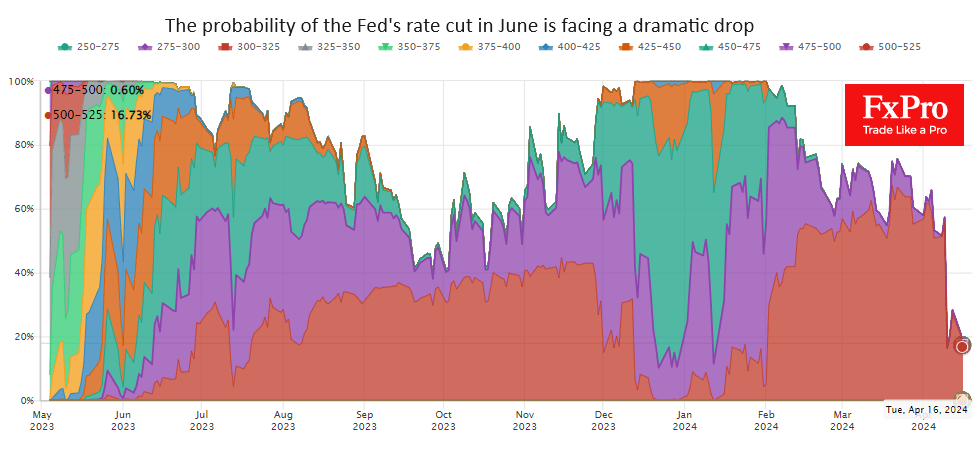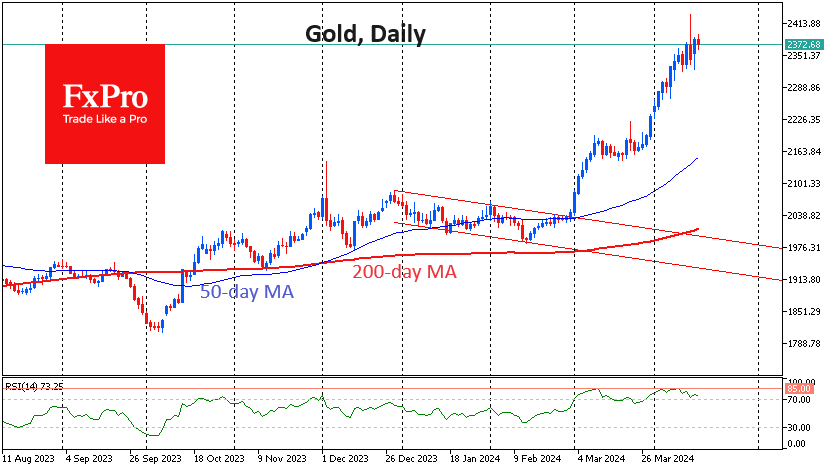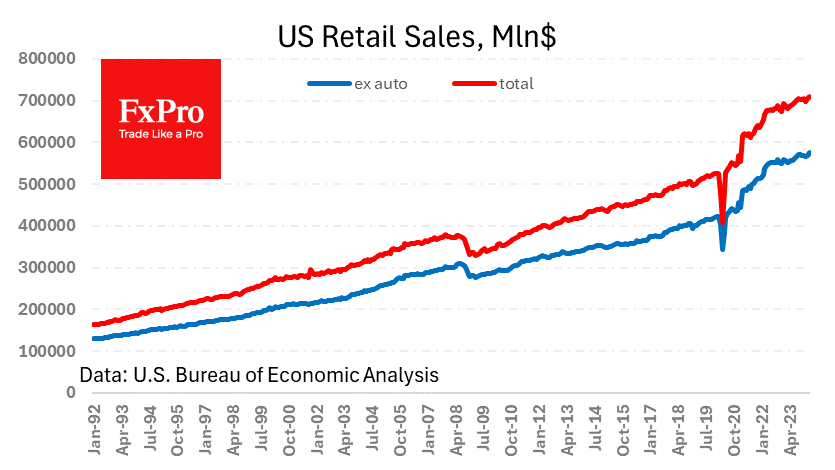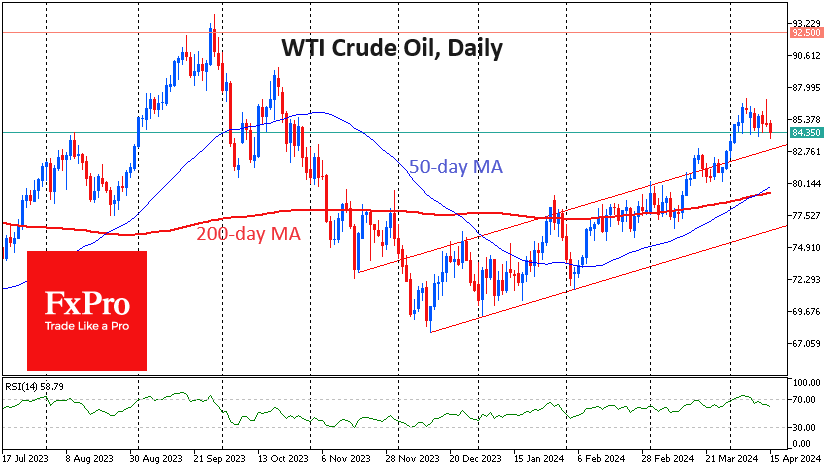Goldman: oil demand to return to pre-pandemic levels by 2022
July 02, 2020 @ 22:01 +03:00
Analysts at Goldman Sachs expect global oil demand to return to pre-pandemic levels by 2022, citing a pick-up in commuting, a shift to private transportation and higher infrastructure spending. In a research note published Thursday, analysts at the U.S. investment bank estimated global oil demand would decline by 8% in 2020, rebound by 6% in 2021 and “fully recover” to pre-coronavirus levels by 2022.
Gasoline was thought to stage the fastest demand recovery among oil products as a result of a pick-up in broader commuting activity, a shift from public to private transportation for commuting, and a higher use of cars to substitute air travel for domestic tourism — particularly in the U.S., Europe and China. Diesel demand was forecast to recover to 2019 levels by 2021, boosted by government-led spending on infrastructure projects.
However, Goldman Sachs warned jet fuel demand had been the “biggest loser” from the coronavirus crisis, with consumer confidence on flying set to stay low in the absence of a vaccine and consumer behavior potentially set to change over the long term. Consequently, the U.S. bank does not expect jet fuel demand to return to pre-Covid-19 levels at least before 2023.
The forecast comes after oil prices staged a dramatic recovery in the three months through to June, notching their best quarterly performance in 30 years. International benchmark Brent crude futures traded at $42.75 a barrel on Thursday afternoon, up around 1.7% for the session, while U.S. West Texas Intermediate futures stood at $40.43, around 1.5% higher.
Brent and WTI futures skyrocketed more than 80% and 91%, respectively, during the second quarter but both benchmarks remain in bear market territory, each down more than one-third since the start of the year. Crude futures plummeted to record lows in April, with the U.S. WTI contract falling into negative territory for the first time in history as coronavirus lockdown restrictions reached their peak.
The confinement measures effectively brought worldwide mobility to a standstill, creating an unprecedented demand shock in energy markets. The International Energy Agency said last month that it expected the fall in oil demand this year to be the largest in history, with demand in the second quarter seen down almost 18 million barrels per day when compared to the same period a year earlier. Over the long term, analysts at Goldman Sachs said they now believed oil demand would not peak before 2030.
Oil demand to return to pre-pandemic levels by 2022, Goldman says, but unlikely to peak this decade, CNBC, Jul 2








